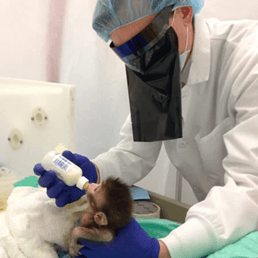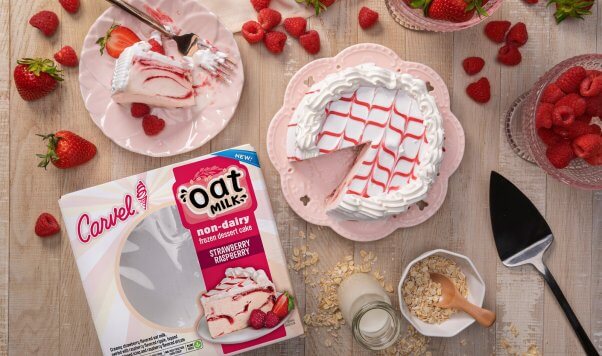People experiencing menopause and perimenopause may benefit from taking a holistic approach to their health, including examining what they eat and how it may affect their bodies. Going vegan, eating a low-fat diet, and getting regular exercise can help manage hot flashes, mood swings, unexpected weight gain, and a variety of other symptoms.
Here are three ways going vegan can help you manage menopause.
1. Low-Fat Vegan Meals Are the Secret to Minimizing Hot Flashes and Other Symptoms
According to Neal Barnard, M.D., president of the Physicians Committee for Responsible Medicine, women in Asia are less likely to suffer from hot flashes, likely because they consume much less meat and animal-derived fat than women who eat standard American diets.
Barnard says that women who eat high-fat foods have more estrogen activity than those who consume low-fat foods. During menopause, when the ovaries’ production of estrogen comes to a halt, women who eat high-fat foods experience a sudden and extreme drop in estrogen levels. This drop seems to be less dramatic—and the resulting symptoms are much milder or nonexistent—for women with lower estrogen levels.
Barnard believes that nonsmokers who eat plenty of fruits and vegetables, limit their salt and caffeine consumption, and get enough vitamin D are less likely to suffer from hot flashes, broken bones, vaginal dryness, and other symptoms of menopause.
2. Vegan Foods Help Manage Hormonal Weight Gain
Actors Gabrielle Union and Drew Barrymore shared how their bodies were affected by the onset of perimenopause symptoms, including unexpected and rapid weight gain in the stomach caused by the stress hormone cortisol. One solution: ditching dairy and other animal-derived foods.
Going vegan has helped countless people shed excess fat, especially around the midsection, where it can cause the most health problems. The American Heart Association recommends a diet rich in vegetables for managing the increased risk of heart disease that comes with menopause-related abdominal weight gain.
3. You Can Keep Your Bones Healthier With Calcium From Plants
Calcium is a key nutrient for maintaining bone health during and after menopause, when bone density begins to decrease due to lower levels of estrogen. While cow’s milk, cheese, and yogurts have previously been touted as calcium-rich options, studies have shown that dairy may do more harm than good.
A Harvard Nurses’ Health Study found that consuming two or more glasses of cow’s milk daily put people at higher risk for broken hips and arms than those who drank one glass or less per day. If you want to retain the calcium that you consume and keep baby cows with their mothers, try these vegan sources of calcium, which will strengthen your bones, not weaken them the way dairy does.
In addition to the many health benefits of a plant-based diet, going vegan also spares the lives of nearly 200 animals a year. Learn just how easy it is to make the transition by ordering a free vegan starter kit:
Send Me a Free Vegan Starter Kit!
The post Can Going Vegan Make Menopause Easier? Here Are Our 3 Tips appeared first on PETA.










